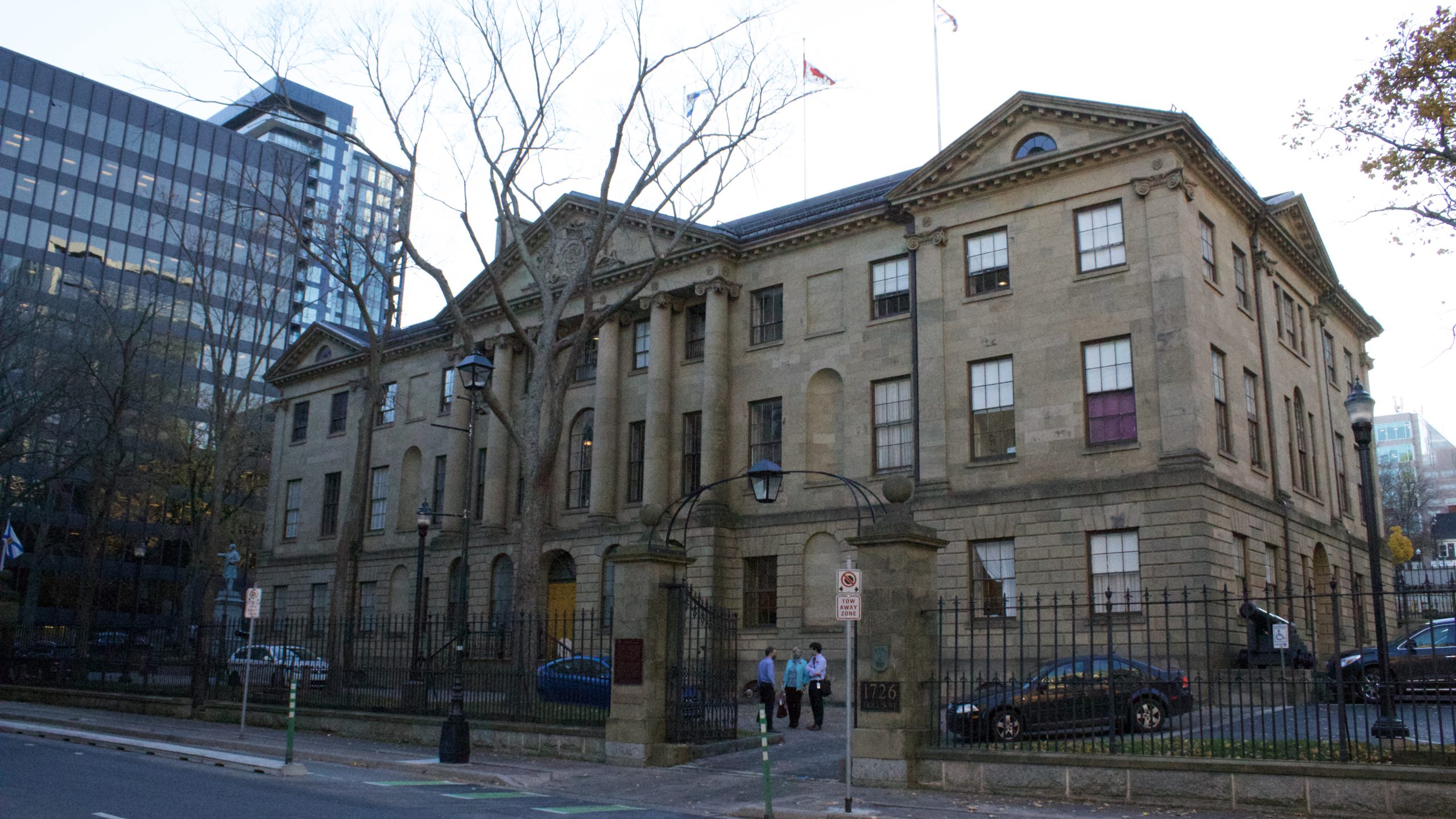Hosting a visitor? Be prepared to self-isolate with them
Changes come as COVID-19 cases are on the rise in Nova Scotia

caption
On Nov. 9, Premier Stephen McNeil announced tighter restrictions for certain travellers coming to Nova Scotia.The province is tightening the rules around self-isolation due to an increase in COVID-19 cases.
On Monday, Premier Stephen McNeil announced that people travelling from outside of Atlantic Canada for non-essential purposes now have to isolate alone. If that’s not possible, everyone in the household will have to isolate along with them.
Previously, these travellers could isolate with friends and family as long as physical distancing was maintained and they could use separate bathrooms. Other individuals in the home only had to monitor their symptoms. Now everyone is supposed to isolate for 14 days.
This means that if the person arriving in Nova Scotia first isolates for five days in a hotel and only joins a household on the sixth day, they have eight days of isolation left. For people in the house, the 14-day count starts when the traveller arrives. Related stories
“That sounds harsh,” said Dr. Robert Strang, Nova Scotia’s chief medical officer of health, at a news conference Monday afternoon. “But it is necessary.”
The new rules don’t apply to essential workers: truck drivers, military, police and emergency responders. People who have to travel outside of the province are not included in the new guidelines, but Strang and his team are in the process of changing their isolation rules.
“Our only priority is to contain the virus,” said Strang.
Monday’s announcement comes after 15 new cases were announced in the last week. Three new cases were announced on Tuesday.
Strang and McNeil are also asking people to reduce their social activities. Recommendations are to keep social groups to 10 people or fewer. The aim is to contain the virus, not to have zero cases, and to avoid another lockdown.
“We have been there and we don’t want to go back,” said McNeil.
Clayton Park cluster
As of Tuesday, there are 18 active cases of COVID-19 in the province. Eleven of those are related to a cluster in Clayton Park, where Dr. Strang said a mobile testing unit could be installed if the cases keep on rising. Most cases are travel related or close contacts to previous cases. No one is currently in the hospital.
Over the weekend, Nova Scotia Health released the name of three different locations where people were exposed to the virus.
- Saint Andrew’s United Church on Coburg Road in Halifax on Oct. 25 at 6 p.m.
- Montana’s BBQ and Bar on Chain Lake Drive in Halifax on Oct. 25 from 6 p.m. to close.
- The Bitter End Martini Bar and Restaurant on Argyle Street in Halifax on Nov. 2 from 9 p.m. to close.
People who were at these locations are asked to call 811 to get tested. Strang said that three of the current active cases are from someone having symptoms who still went out and socialized.
On Monday, Nova Scotia Health warned of two possible exposure sites in Bedford:
- Sobeys Mill Cove 961 Bedford Hwy. on Nov. 6 between 8-10 p.m.
- NSLC Mill Cove 955 Bedford Hwy. on Nov. 6 between 8-9 p.m.
Strang is asking that those notified through contact tracing be honest about where they have been and who they have seen.
“We are not here to judge,” he said. “We are just here to help people.”
Since the first case of COVID-19 in Nova Scotia, there have been 1,132 cases and 1,049 are considered resolved. Nova Scotia Health Authority’s labs completed 842 tests on Monday. This brings the total of negative tests up to 118,317.
Symptoms
Anyone with one of the following symptoms should call 811 or visit the self-assessment website:
- Cough, or worsening of an existing cough
- Fever
Anyone with two of the following symptoms is asked to visit the self-assessment website or call 811:
- Sore throat
- Headache
- Shortness of breath
- Runny nose
To find the full list of possible exposures to COVID-19 go to the province’s alert page.
About the author

Kheira Morellon
Kheira is a french immigrant currently living in Halifax. She is passionate about languages and is looking to bring more coverage to the Franco-Canadian...
